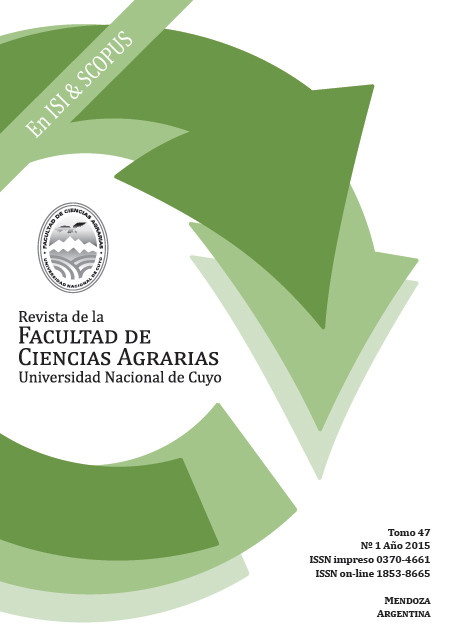Legal mechanisms of access to water in arid regions of western Argentina: principles and common features
Keywords:
water use, water rights, permit, legal principlesAbstract
The article makes a dogmatic and exegetical analysis of legal institutions on access to water in arid regions of western Argentina in order to determine similarities and differences between the various regulations. These features are explored linked to the centralized or decentralized character of access to water in order to infer a set of common principles in the regulation of access to water, allowing their use as criteria for interpretation and as a source of law in the event of lack of positive regulation. The findings reveal similarities concerning to the markedly centralized character of allocation and reallocation system of water for economic uses. Also the requirement of permits or administrative titles and the volumetric definition of the water right by the competent public authority emerges as a clear trend. Concerning domestic or free uses, the rule is decentralization, meaning people do not require permit and can do it for free,
with priority over productive uses.
Downloads
Published
Issue
Section
License
Aquellos autores/as que tengan publicaciones con esta revista, aceptan las Políticas Editoriales.



